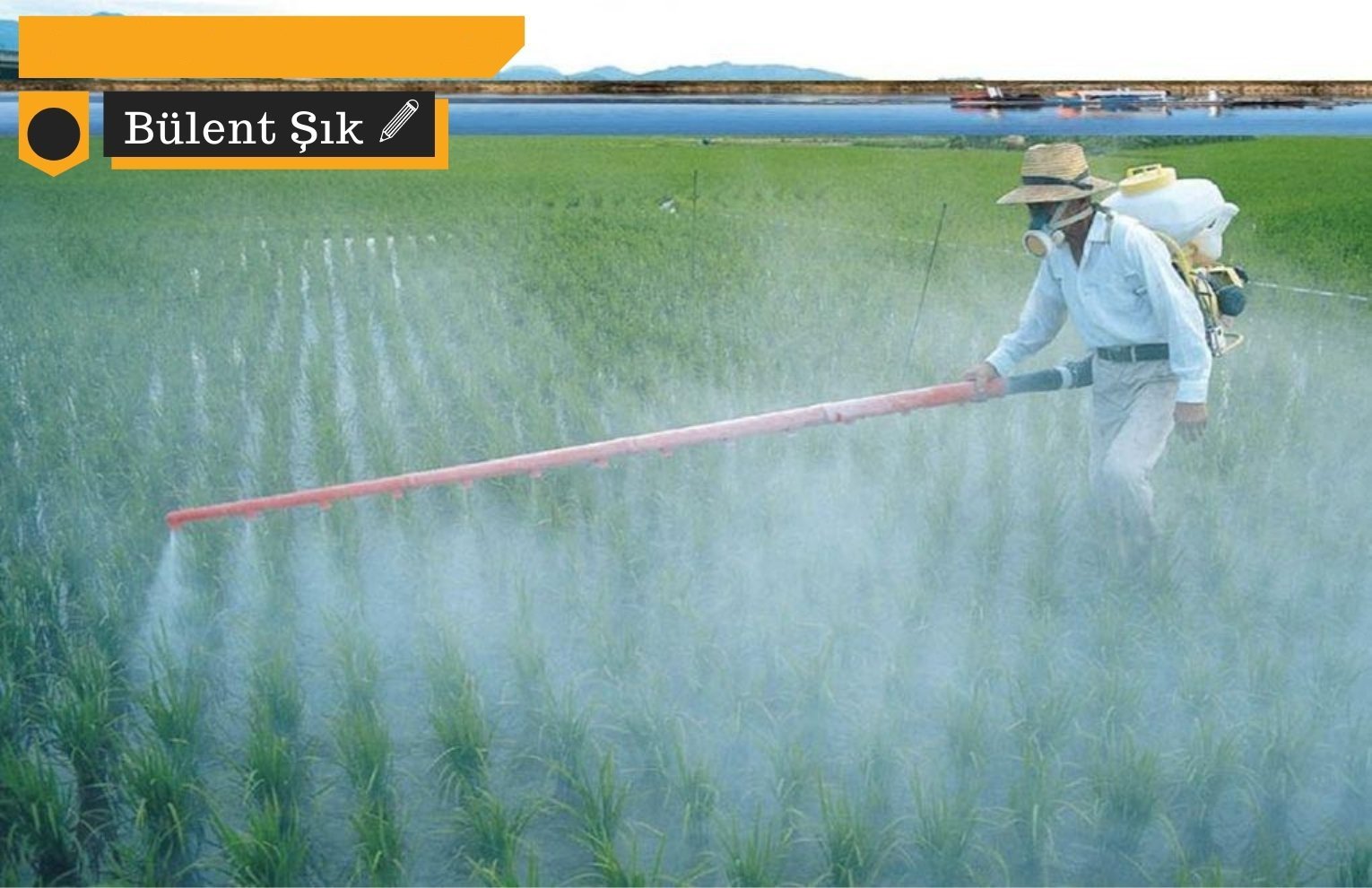Click to read the article in Turkish
Pesticides are hazardous chemicals used in agriculture. It is safe to say that I have got tired of writing about the issue of pesticides. But, it is also a necessity to follow what is going on about the issue and inform the public about the latest developments and changes of state, if there are any.
Last January, Greenpeace Mediterranean announced the findings of a field research that was conducted to detect pesticide residues in food.
As part of this research, 30 tomato, 30 cucumber and 30 green pepper samples (90 samples in total) bought from town bazaars and markets in August-November 2019 were analyzed to detect whether they had any pesticide residues. The findings showed that 14 of 90 analyzed samples (15.6%) contained illegitimate (banned) pesticide residues.
The names of the detected pesticides were indicated as follows: Pirimiphos methyl (in 2 samples), Iprodione (2 samples), Carbendazim (2 samples), Chlorpyrifos methyl (1 sample), Imidacloprid (1 sample), Chlormequat chloride (2 samples), Buprofezin (1 sample), Omethoate (1 sample), Dimethoate (1 sample) and Tau-Fluvalinate (1 sample).
Main opposition Republican People's Party (CHP) Niğde MP Ömer Fethi Gürer brought the issue into Parliamentary agenda with a Parliamentary question and asked Minister of Agriculture and Forestry Bekir Pakdemirli why the pesticides banned in European Union (EU) countries due to their risks to human health and nature were still used in agriculture in Turkey.
Minister Bekir Pakdemirli answered the Parliamentary question of Ömer Fethi Gürer a few days ago and said that some of the pesticides banned in EU countries are still used in Turkey, but they are still working to ban or restrict the use of these pesticides in the country.
In an article series that I penned for bianet last year, I tried to attract attention to the problem of banned pesticides used in agriculture in Turkey. I drew attention to the same issue in my article last week.
The fact the the residues of pesticides banned for years are detected in foodstuff shows that these pesticides can be provided from the market, which, therefore, means that they have not been withdrawn from the market or their sale is not controlled. That being the case, it would be safe to say that the decision to ban these pesticides to protect human health and environmental health does not work.
The Ministry of Agriculture is obligated to announce whether the banned pesticides have been pulled from the market or not, how much pesticides have been withdrawn from the market so far (by active substance and one by one), where these pesticides in the category of hazardous waste are stored and how they are disposed. This statement must be clear and convincing.
In his response to the Parliamentary question, Minister Pakdemirli has said that they are still working to ban or restrict the use of pesticides that are detrimental to human and environmental health.
What kind of work is it anyway?
The moment it is understood that a chemical substance is detrimental to human health, its use needs to be banned. Saying 'We are working to ban them' means that human health can come to harm for a while.
What reason can be more important than human health?
About Bülent ŞıkFood Engineer. In his PhD studies, he specialized in the development of environmentally friendly methods of analysis. He worked for several laboratories operating as part of the Ministry of Food, Agriculture and Livestock. In 2009, he started working as lecturer at the Akdeniz University and took active part in the establishment of its Food Security and Agricultural Research Center. From 2010 to 2015, he was the Technical Deputy Director at the same center. While he was working as a lecturer at the Department of Gastronomy and Culinary Arts, he was discharged as per the Statutory Decree no. 677 on November 22, 2016. |
(BŞ/DB/SD)






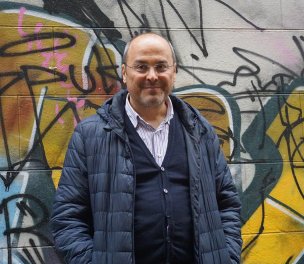
sa.jpg)
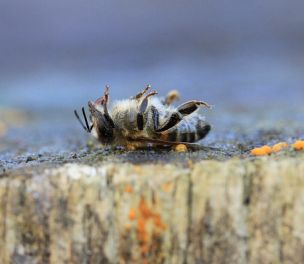
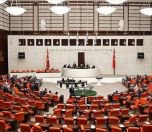
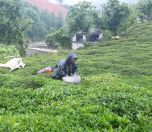
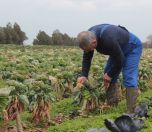

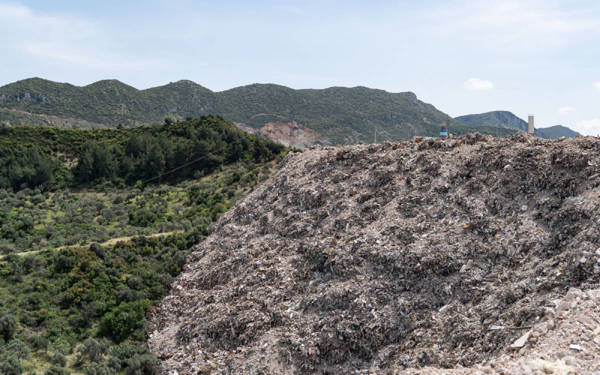
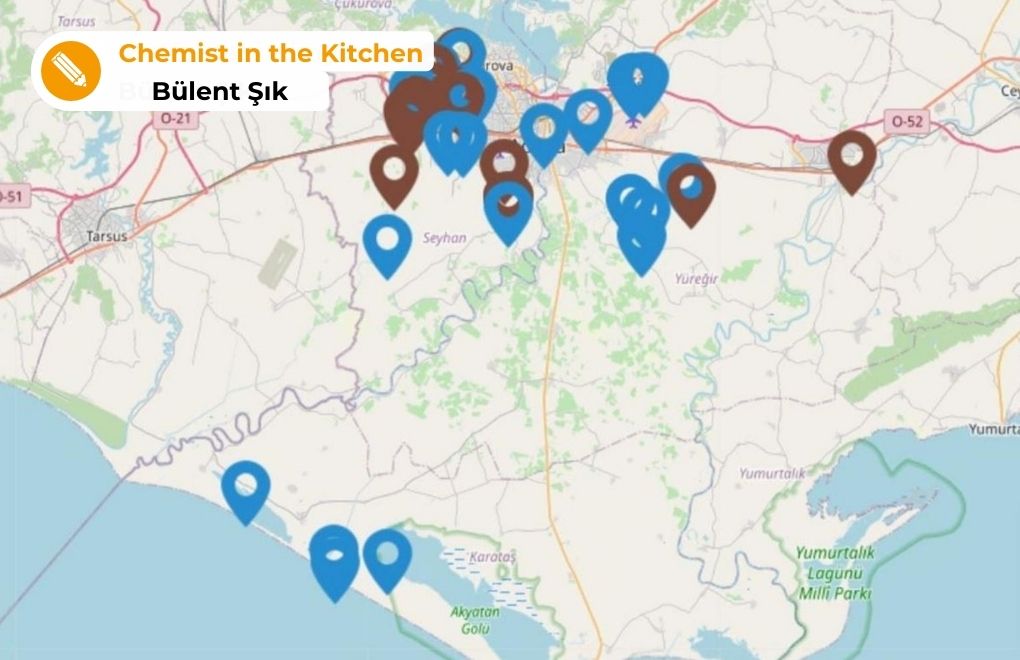

.jpg)
